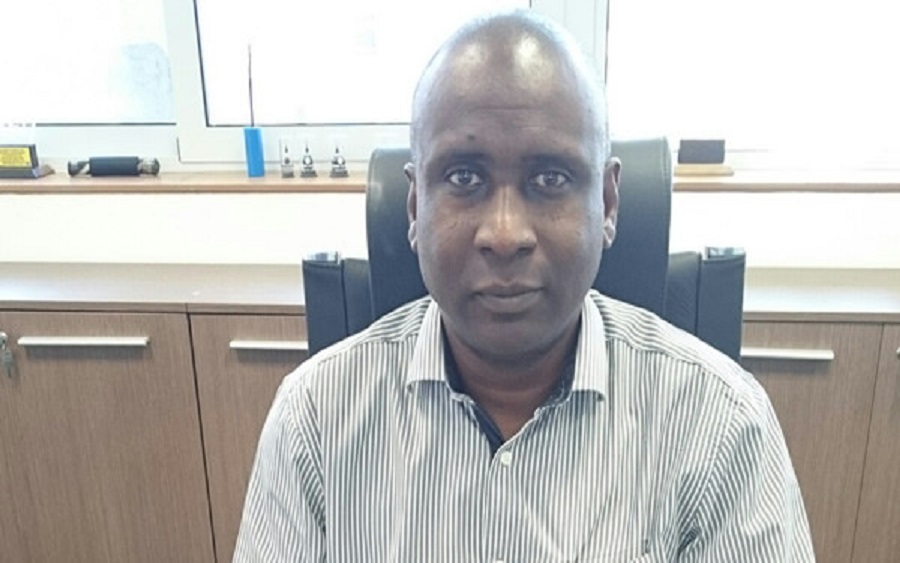MTN Nigeria has announced the appointment of Mohammed Rufai as its new Chief Technical Officer (CTO). Rufai’s appointment took effect on Wednesday, May 1st, 2019.
Announcing Rufai’s appointment, MTN Nigeria stated that the newly-appointed CTO will be responsible for its technology strategy, design and plan all its network operations.
Commenting on the appointment, MTN Nigeria’s Chief Operating Officer, said, Mazen Mroue:
“We are excited to welcome Mohammed home from his excursion across the continent.
“From the beginning, he has demonstrated professionalism in all engagements, and a drive to improve processes and outcomes continuously. His extensive experience and leadership will serve us well.”
A look into Rufai’s professional career: Rufai, who joined MTN Group in 2002, is a graduate of Computer Science from the Abubakar Tafawa Balewa University, Bauchi. He has certifications from Cranfield University, Duke Corporate Education, and the Lagos Business School.
Prior to this appointment, Rufai worked in MTN Group where he was the General Manager, Technology in South East Africa and Ghana region.
He joined MTN Nigeria as an RF/BTS support engineer in Kano and became a general manager in 2009. By 2015, he was appointed Chief Technical Officer of MTN Ghana.
About MTN Nigeria: MTN Nigeria is a subsidiary of MTN Group, Africa’s leading cellular telecommunications company. On May 16, 2001, MTN became the first GSM network to make a call following the globally lauded Nigerian GSM auction conducted by the Nigerian Communications Commission earlier in the year. Thereafter, the company launched full commercial operations beginning with Lagos, Abuja, and Port Harcourt.
Since its launch in August 2001, MTN has steadily deployed its services across Nigeria. It now provides services in 223 cities and towns, more than 10,000 villages and communities and, a growing number of highways across the country; spanning the 36 states of Nigeria and the Federal Capital Territory, Abuja.
The company continues to maintain dominance in the Nigerian telecommunications space. According to a data, the company has 50.4% of the market space, with 58.1 million subscribers as at the fourth quarter of 2018.
